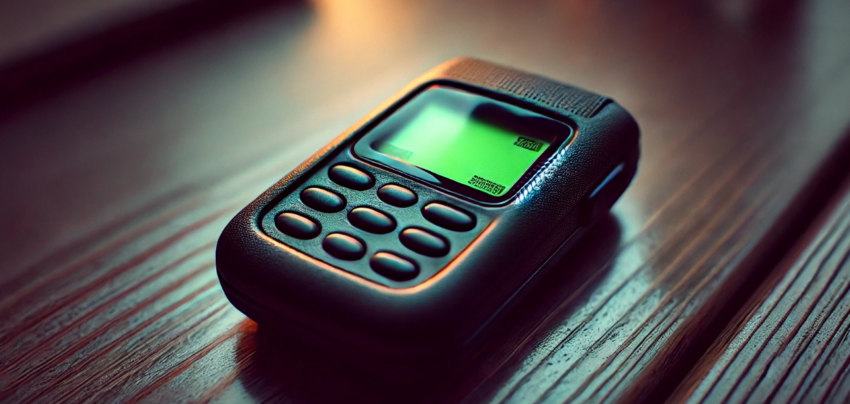| Listen to our audio presentation: History of the US Supreme Court |
A series of deadly pager explosions targeting Hezbollah members has rocked Lebanon, marking an unprecedented escalation in the ongoing conflict between Israel and the Iran-backed militia. The explosions, which took place on September 17, 2024, claimed the lives of at least nine people, including a young girl, and injured 2,750 others. Lebanese authorities, Hezbollah, and regional observers have accused Israel of orchestrating the attack, though the Israeli government has neither confirmed nor denied its involvement.
- A coordinated attack involving pager explosions targeted Hezbollah members across Lebanon, killing at least nine people and injuring 2,750.
- Hezbollah blames Israel for the attack, which damaged its military communication systems; Israel has not confirmed its involvement.
- Hamas expressed solidarity with Hezbollah, condemning the attack and holding Israel responsible for the violence.
- U.S. officials were not informed of the operation beforehand and are still gathering details, with Israel bracing for possible retaliation from Hezbollah.
- The attack has escalated tensions in the region, with concerns that the conflict between Israel and Hezbollah could intensify into full-scale warfare.
According to CNN, Hamas quickly expressed solidarity with Hezbollah, blaming Israel for what it described as a “Zionist terrorist aggression” and extending condolences to the Lebanese people and the families of those affected. Hamas praised Hezbollah’s “jihad and sacrifices” and reaffirmed the group’s support for Palestinian resistance efforts.
The attacks appeared to target communication devices used by Hezbollah members, with explosions occurring simultaneously in multiple locations. This has raised concerns about the vulnerability of Hezbollah’s military and intelligence infrastructure. Middle East analyst Kim Ghattas, as cited by CNN, explained that Hezbollah had adopted “low-tech” methods in recent months to avoid surveillance, making the explosions all the more alarming for the group. Ghattas suggested the attack might serve as a message from Israel, aimed at undermining Hezbollah’s confidence in its security and preventing further military actions against Israel.
Axios reported that the U.S. government was not informed in advance of the operation, with American officials only learning of the explosions after the fact. The State Department spokesperson confirmed that the U.S. had no involvement and was still gathering information. However, Israeli officials have acknowledged the potential for further escalation along the northern border, with the Israel Defense Forces placed on high alert.
Lebanese Health Minister Firas Abiad, during a press conference covered by Al Jazeera, confirmed the death toll and the overwhelming impact on Lebanon’s health services, as hospitals were flooded with thousands of wounded, many in critical condition. Hezbollah, which has vowed retaliation, accused Israel of orchestrating the attack and promised a proportional response.
The blasts come amid ongoing conflict between Israel and Hamas, with The Times of Israel noting that this incident has increased fears of full-scale hostilities between Hezbollah and Israel. Hezbollah’s ties with Iran and its role in the war on Gaza add layers of complexity to the already tense situation. Israeli officials have reportedly shifted the objectives of their military efforts, now including the stabilization of its northern border with Lebanon.
The pager explosions represent a new chapter in the broader regional conflict, one that could push Lebanon and Israel closer to open warfare. With Hezbollah’s promise to retaliate, the coming weeks will likely see increased military activity and, potentially, further civilian casualties.

